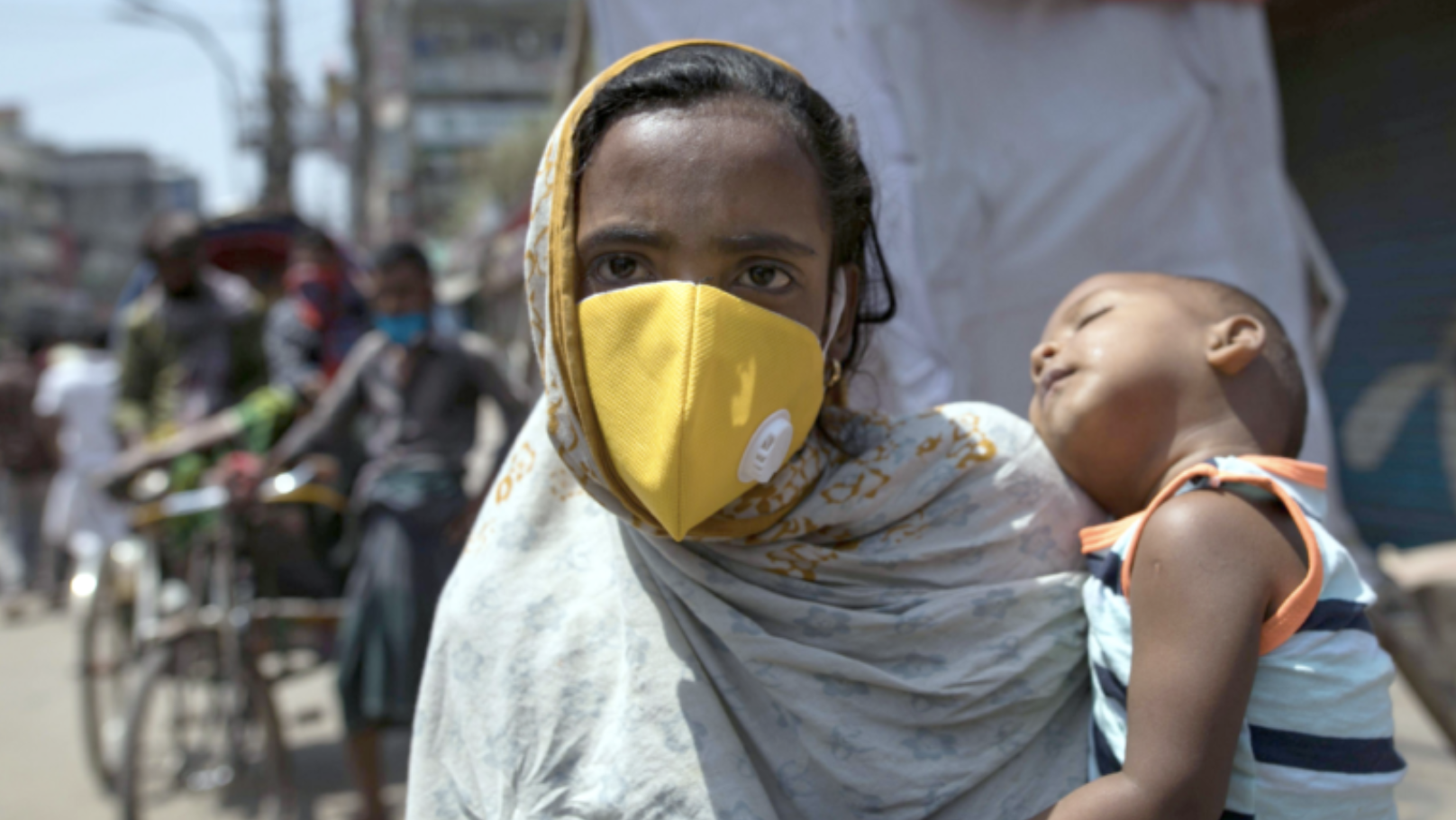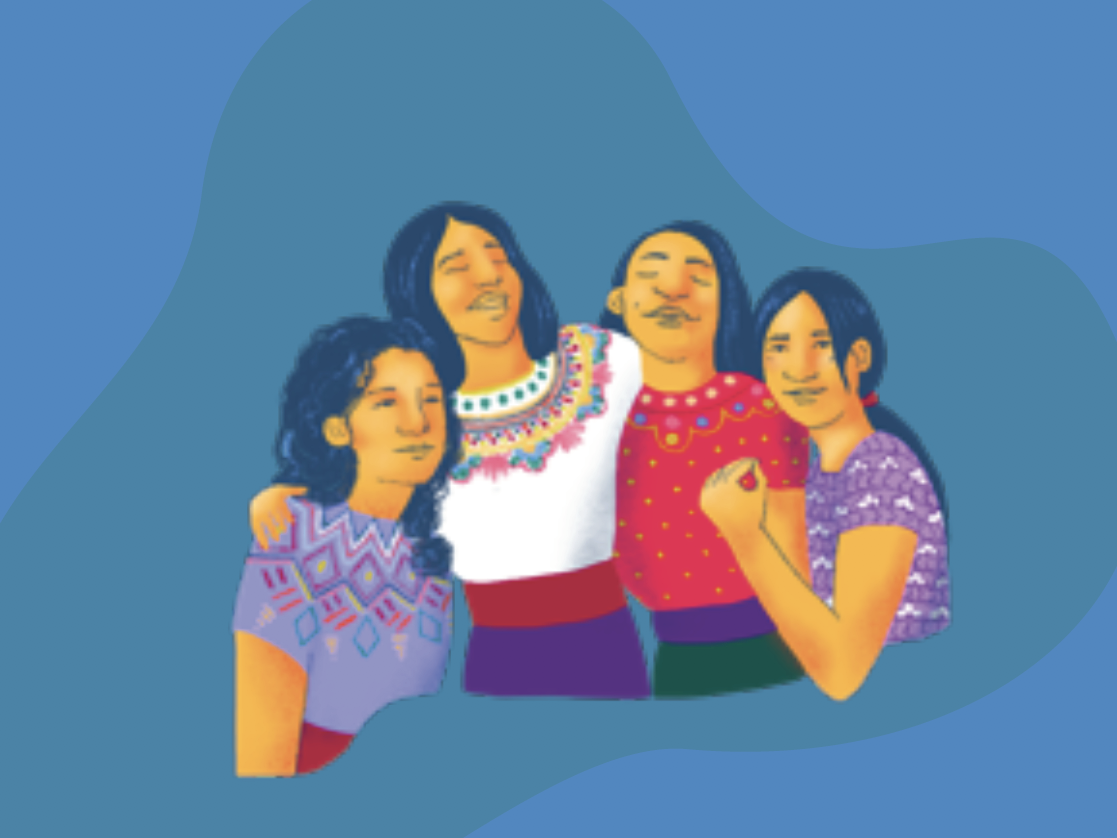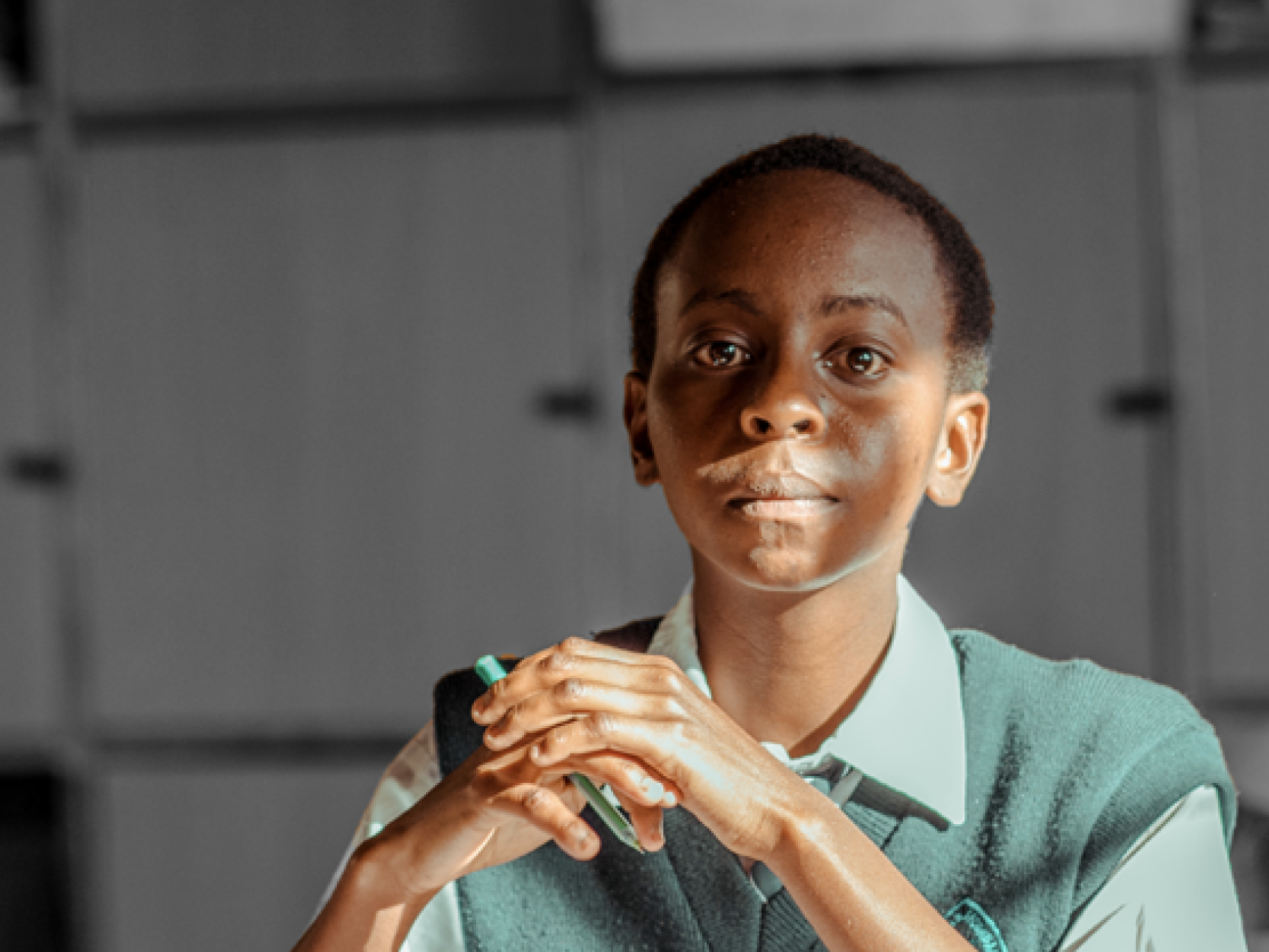The Population Council works with health authorities and policymakers to generate and share data in real-time and provide evidence to mitigate the devastating effects of the COVID-19 pandemic.
Research serves communities most vulnerable due to structural barriers, including economic inequality, racism, harmful gender norms, and numerous other intertwining factors.
The COVID-19 research and analyses are locally led, draw on expertise from across the globe, utilize existing data and study cohorts, and build on decades-long relationships with community leaders, government officials, and partners.
Highlights
The Population Council conducts research in collaboration with government and multilateral partners in Bangladesh to assess the impact of the COVID-19 pandemic on the experiences of adolescent girls and to understand how pandemic-related mitigation measures have affected access and uptake of essential maternal health and family planning services.
Researchers conducted three rounds of surveys with adolescent girls aged 10–19 in 2020 to map the immediate and longer-term outcomes of the pandemic and related efforts to mitigate its effects on girls’ wellbeing. This research informed the redesign of a skills development program.
Highlights
- Brief and Data: Covid-19 knowledge, attitudes, practices & needs
- Brief: Trends in maternal health and family planning service uptake during COVID-19
- Commentary: Bangladeshi women play crucial role in fight against COVID-19
- Webinar: COVID-19 evidence and impact from Bangladesh, Guatemala, India, and Kenya
In Guatemala, the Population Council conducts cohort and cross-sectional studies with government partners and Indigenous communities to address the urgent need for comprehensive evidence to inform gender- and age-specific COVID-19 mitigation strategies.
As the pandemic unfolded, our long history of engagement with Indigenous communities enabled rapid identification of participants and secured buy-in from local health officials. Our longstanding partnerships with the government–particularly with the Office of the Vice President, the Office for the Defense of Indigenous Women, and the Office for Indigenous and Intercultural Health–positioned us to quickly generate the evidence needed to inform and implement response protocols adapted to the context of Indigenous municipalities.
Highlights
- Brief and Data: COVID-19 knowledge, attitudes, and practices
- Commentary: Lejos de la desescalada. Elementos para otra estrategia
- E-learning program for girl mentors: Mentoral Digitale 2020 facilitated access to information, stimulate participation, and empower young Indigenous mentors to support young girls in rural communities in Guatemala during the COVID-19 pandemic
In India, the Population Council partners with the government, and nongovernmental and multilateral organizations to understand the immediate and long-term effects of COVID-19 and mitigation measures on social, health, economic, and education outcomes of marginalized populations, including women, children and adolescents.
Council researchers were the first to develop a composite measure of community-level vulnerability to COVID-19 in India. This vulnerability index helps the government in its efforts to effectively respond to the evolving pandemic. Council researchers also advise the Lancet COVID-19 Commission on priorities to suppress the second wave of COVID-19 in India.
Highlights
- Task force: The Lancet COVID-19 Commission
- Research: Population Council Institute analyzed key findings from a rapid, longitudinal study on women and children in Bihar and evaluated adoption of preventive practices; awareness and use of social protection; impacts on nutrition; family planning; livelihood, employment, and financial resources; effects on migrant households; and potential contributions of Self-Help Groups
- Article: A vulnerability index for the management of and response to the COVID-19 epidemic in India: an ecological study
- Brief: Women’s groups and COVID-19: Challenges, engagement, and opportunities published by the Evidence Consortium on Women’s Groups (ECWG) presents the potential implications of the pandemic and related lockdowns for women’s groups in India, Nigeria, and Uganda. This work is co-led by the American Institutes for Research and the Population Council
In Kenya, the Population Council conducts research in partnership with the government through its Presidential Policy and Strategy Unit, Executive Office of the President and other partners and stakeholders to understand the immediate and long-term effects of COVID-19 mitigation measures on social, health, economic, and education outcomes of marginalized populations, including adolescents and informal settlement communities.
Council data on COVID-19 informs public messaging to support policy action and the creation of national guidance by drawing attention to evolving needs, and to reinforce collaboration and information sharing with partners on the ground. Council staff participate in and provide regular updates to the Ministry of Health’s National Emergency Response Committee and the Executive Office of the President’s Policy and Strategy Unit.
Highlights
- Article: Gendered economic, social and health effects of the COVID-19 pandemic and mitigation policies in Kenya: evidence from a prospective cohort survey in Nairobi informal settlements
- Report: Promises to Keep: Impact of COVID-19 on Adolescents in Kenya
- Webinar: The Impact of COVID-19 on Urban Informal Settlements: Lessons from Kenya
- Brief: Social, health, education and economic effects of COVID-19 on adolescent girls in Kenya: Responses from data collection in five Nairobi informal settlements (Kibera, Huruma, Kariobangi, Dandora, and Mathare), June 2020—Nairobi
- Commentary: We wanted to know how coronavirus affects Nairobi’s slum residents. What we found
- Article: Mobility Patterns During COVID-19 Travel Restrictions in Nairobi Urban Informal Settlements: Who Is Leaving Home and Why
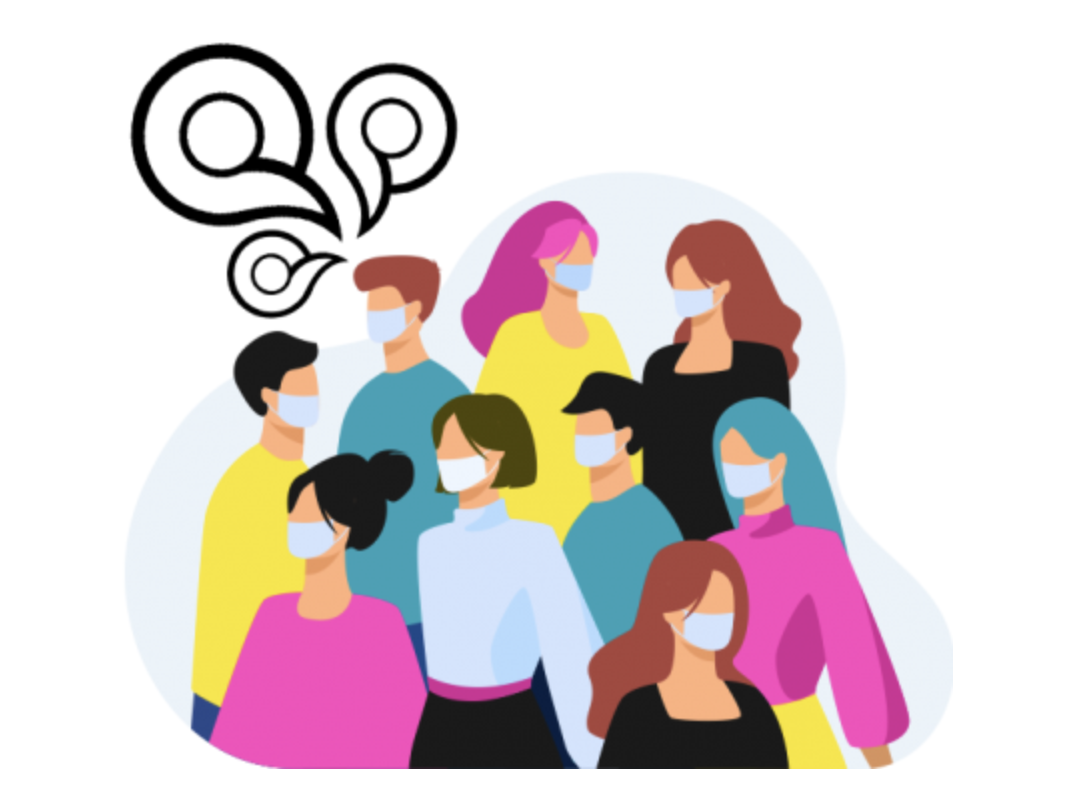
In Mexico, the Population Council conducts research in partnership with community-led networks and national policymakers to examine the impacts of COVID-19 on Indigenous communities in Chiapas and Yucatan and on the experiences of adolescent girls.
Since the beginning of the pandemic, the Population Council in Mexico supports the COVID-19 response by providing evidence to local and federal governmental institutions, and local and international NGOs.
Highlights
In Pakistan, the Population Council partners with the government and international development partners to generate evidence on the effects of COVID-19 on the health system and its impact on marginalized populations, including poor women.
Research in Rahim Yar Khan, Punjab helped illuminate the effects of the COVID-19 pandemic on the provision of critical maternal health and family planning services, and documented the effects of disrupted services at the beginning of the pandemic for both poor women as well as health service providers.
Highlights
- Report: Reproductive health care in the time of COVID-19: Perspectives of poor women and service providers from Rahim Yar Khan, Punjab
- Brief: Facing COVID-19: Knowledge, attitudes, practices, and challenges of healthcare providers
- Commentary: Population and the pandemic
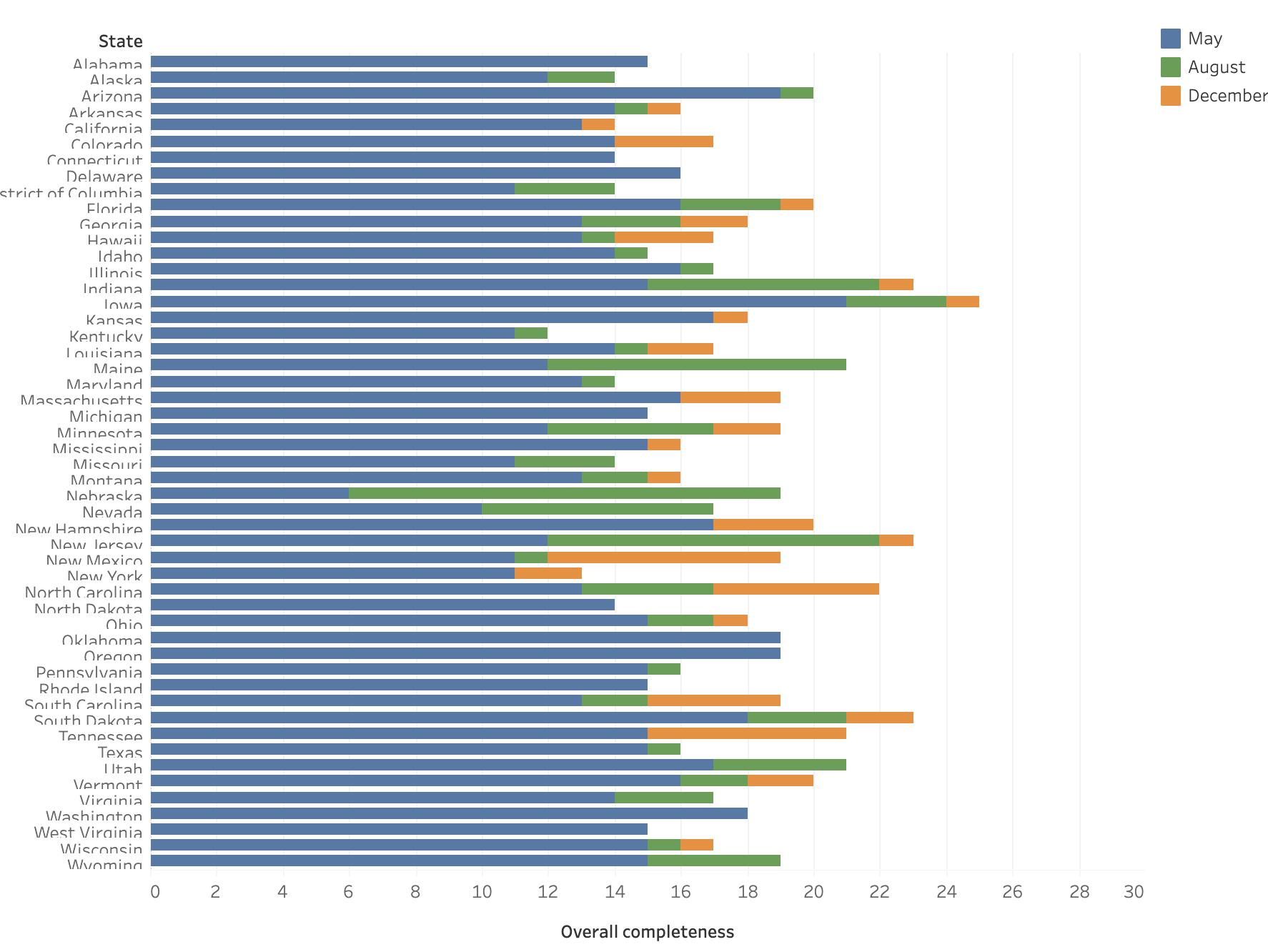
In the United States, the Population Council conducts research to understand how the nation tracks and reports COVID-19 across different states and key cities.
Highlights
- Code: Predicting COVID-19 cases at the country-level in the US
- Article: Spatiotemporal prediction of COVID-19 cases using inter- and intra-county proxies of human interactions
- Data: Tracking COVID-19 data reporting & analysis in the United States
- Research: Supporting Native American Girls during the COVID-19 Pandemic
- Commentary: Tackling the U.S. Coronavirus Data Catastrophe
- Commentary: We Need a Pro-Poor and Pro-Black Response to COVID-19
